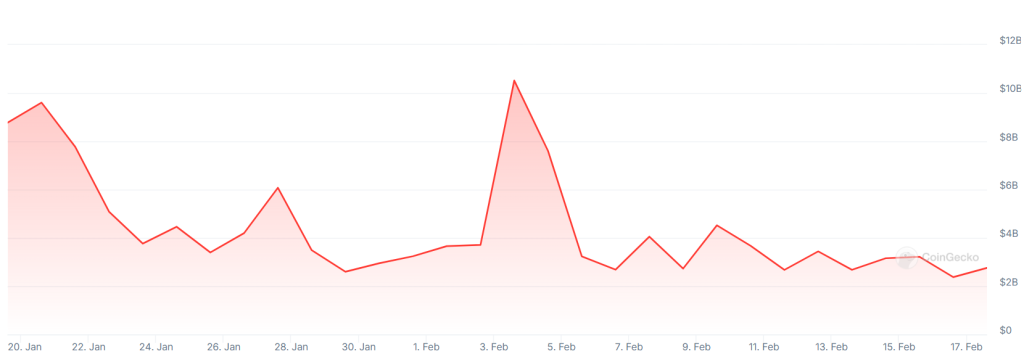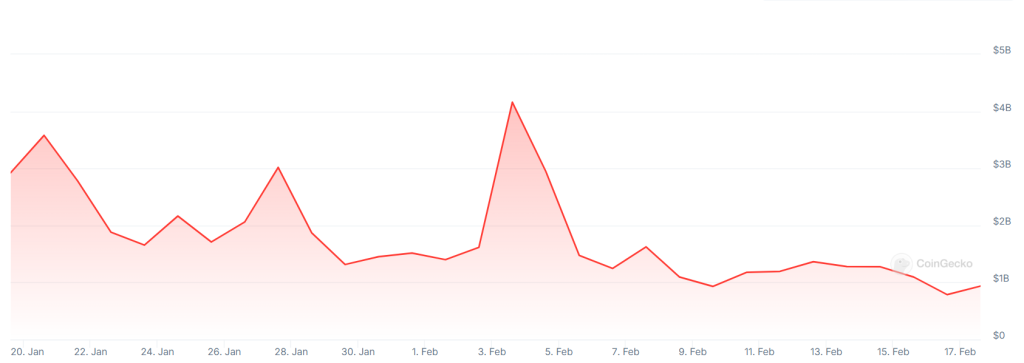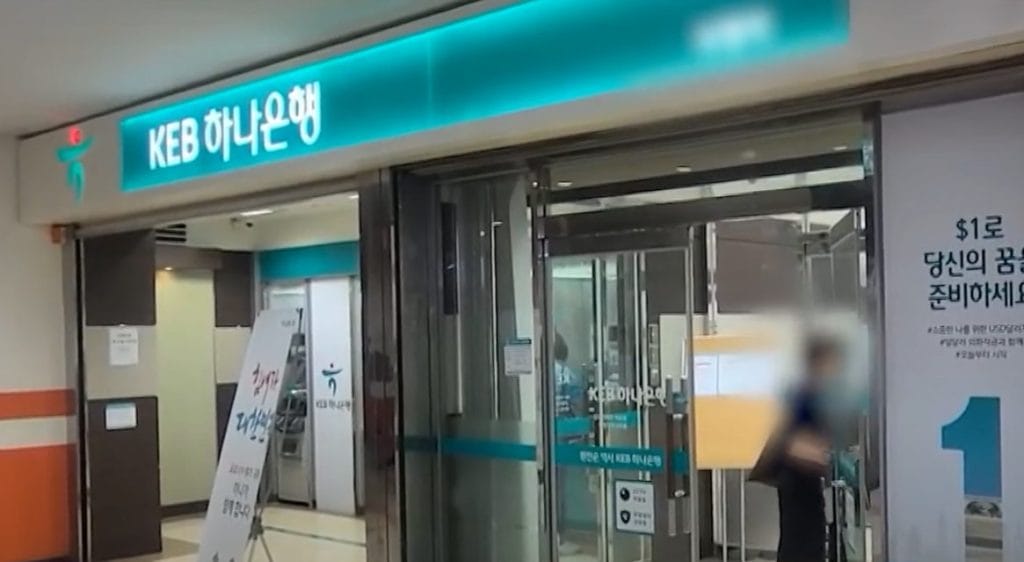Last updated:
 Why Trust Cryptonews
Why Trust Cryptonews

South Korean banks are growing keener than ever to strike lucrative new partnership deals with the nation’s biggest crypto exchange players, a report has claimed.
Per Newspim, several banks are paying attention to developments at the market-leading exchange Upbit. The latter’s contract with the neobank K Bank is “about to expire.”
More South Korean Banks Seeking Crypto Exchange Deals?
Banks are particularly keen to act after news that regulators are set to finally grant South Korean firms permission to buy Bitcoin (BTC) and other tokens with their balance sheets later this year.

As a result, the outlet wrote, the domestic “cryptoasset market is likely to grow significantly in the second half of the year.”
And banks are responding by “accelerating competition for partnerships” with crypto exchanges. The outlet explained:
“Initially, banks were somewhat reluctant to cooperate with exchanges due to safety issues. However, the mood has changed in recent times.”
While demand is growing, supply is low. Only five crypto exchanges currently have permits that allow them to offer KRW-crypto pairings.
But one of their number, GOPAX, has been embroiled in financial turmoil for several months, amid a failed takeover attempt from Binance.
The media outlet wrote that KEB Hana Bank and Woori Bank, neither of which are currently “affiliated with” any domestic exchanges, are “paying attention to the contract situation at Upbit.
The latter’s contract with K Bank is set to expire in October.

Bithumb’s Recent Move
In recent weeks, reports in South Korea have claimed that Upbit and Hana have held partnership talks. But Newspim wrote that Upbit, Hana Bank, and K Bank have all denied there is any truth in the stories.
Upbit’s closest rival, Bithumb recently ended its partnership with Nonghyup Bank in favor of a groundbreaking deal with Kookmin Bank, South Korea’s largest bank.
Banks are also thought to be keeping tabs on Coinone’s deal with the K Bank rival and fellow neobank Kakao Bank, as well as Korbit’s deal with Shinhan Bank.

These recent developments all “symbolize” a significant “change in banks’ stances” on the crypto industry, the news outlet wrote.
What Are Banks Hoping to Gain from Crypto Partnership Deals?
Experts think that if and when larger South Korean companies start buying and selling BTC and other tokens, this will bring more liquidity to the markets and “create new possibilities.”
Banks are also expecting to see further growth in the number of retail investors turning to the crypto markets.
Officially, banks are still cagey about their plans, but two were quoted as stating that they were exploring “various collaboration” options “with cryptoasset exchanges.”
However, the media outlet wrote that both Hana and Woori are “in dire need of growth” in areas outside their core banking operations.
Upbit and K Bank
K Bank and Upbit have enjoyed a successful partnership that has spanned most of the decade so far.
The partnership truly took off during the coronavirus pandemic, where both benefited from the fact that K Bank’s neobanking platform allowed new customers to sign up via their mobiles, rather than having to visit bank branches in person.
K Bank also hinted that it already has considerable advantages over its more traditional rivals.
The neobank says that it has over 6,000 corporate customers. It also provides crypto wallet-linked bank accounts for “49 government agencies, including district prosecutors’ offices and tax offices.”
Tax bodies use these wallets to hold coins confiscated from tax evaders. Prosecutors use these wallets to hold the coins they seize from criminal suspects.

Some Bankers Remain Cautious
Despite the new influx of crypto-keenness in the South Korean banking sector, some are still urging caution.
An unnamed South Korean bank official told the media outlet:
“We cannot yet rule out the possibility that [individuals] are laundering funds of unknown origin on the platform. In this case, financial institutions have to take responsibility. And this could undermine a bank’s credibility. We are not ruling out partnerships with [crypto firms]. But we are still taking a cautious approach.”



















